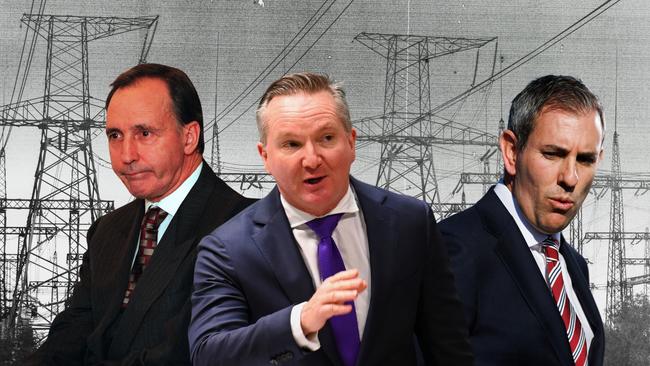
Paul Keating, for instance, was very keen on giving adjectives to “nation”. We had One Nation, Building Nation, Knowledge Nation, Creative Nation and others I’ve since forgotten.
The Albanese government has relentlessly pushed Renewable Energy Superpower and, more latterly, Future Made in Australia, as supposedly appealing slogans. The electorate is presumed to be inspired by these catchphrases, highlighting the direction in which Labor wishes to take the country.
The problem is that both these slogans have little analytical content and cannot, and should not, be used as organising principles for governing. The idea that Australia can become a renewable energy superpower is fanciful, even if we can agree on a definition for the term. As for things being made in Australia, we are heading in the direction of making fewer things, not more.
It is understandable why Energy Minister Chris Bowen is so keen on the notion of the renewable energy superpower. It’s not just about the government handing out wads of subsidies to promote renewable energy, it’s about a new economic direction for the country. We can turn our backs on fossil fuels, but the future will be brighter still.

What is less clear is why Treasurer Jim Chalmers would sign up to this fairytale. We should expect serious and practical analysis based on realistic assumptions and time frames rather than wishful thinking. But Chalmers is all on-board, having included the promotion of the renewable energy superpower as a factor the Productivity Commission must consider. It has been mentioned in the three budgets he has handed down.
The renewable energy superpower idea has several parts. The first is our supposed comparative advantage in having lots of sunshine, many windy spots and plenty of land. The trouble is that many countries also have these characteristics, and they are much closer to the global economic action than Australia. For Bowen to compare the number of hours of sunshine in London with the number in Melbourne is to insult the electorate.
But the vision of the true believers is that there can be massive investment in wind, solar and batteries, and, in this way, we can secure an alternative economic future for the country. To be sure, the excess electricity that is assumed to be cheap cannot be exported directly – unlike coal and LNG – but can be used to power green industries. Their low-emissions products can then be exported to countries willing to pay a price premium – think green steel, green cement, green aluminium. We should also look forward to the development of a large green hydrogen industry.
The leaps of faith in this vision are cavernous and almost entirely ignore the laws of physics as well as the constraints of engineering and economics. Take, for instance, the proposition that we have oodles of land. Yes and no. Wind turbines are best located on the ridge lines of mountains; hence the desecration of much of the Great Dividing Range. It also ignores the entirely legitimate preferences of the existing users of the land.
Siting renewable energy installations a long distance from the demand involves massive costs in terms of additional transmission lines, voltage loss and refitting of distribution systems. As for the proposition that all this electricity from renewable sources can be effectively used by existing and new large-scale plants is another whimsy.
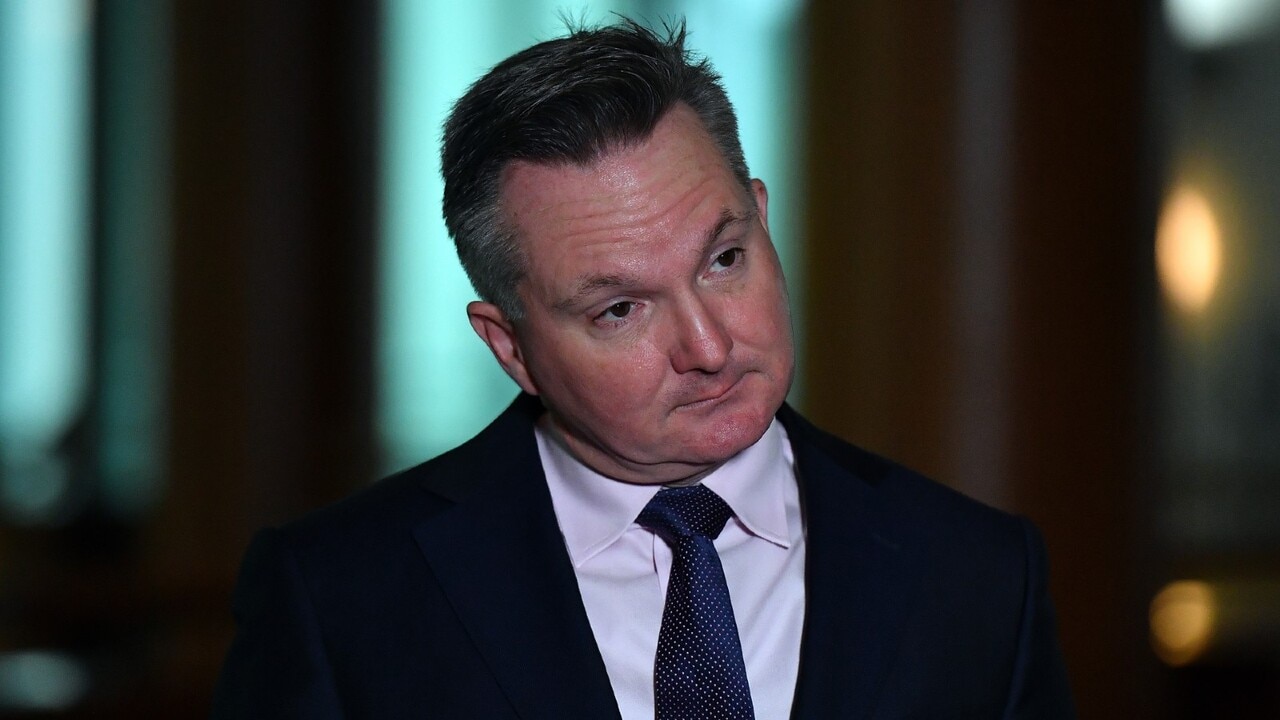
Indeed, the owners of the largest aluminium plant in NSW have already made it clear that achieving net-zero emissions output using renewable energy is unachievable in any realistic time frame.
The outlook for the Whyalla steelworks is also currently tenuous with the prospects for conversion to an electric arc furnace using renewable energy rapidly fading. A major issue is the lack of certainty that the required temperatures can even be obtained. This problem applies more broadly, particularly for manufacturing operations that use natural gas as their main source of energy.
Even if large-scale plants survive, and new ones may be developed, it seems far-fetched that other countries would pay a significant price premium to buy the products based on their commitment to net-zero emissions by certain dates. Do we really think Japan, Korea or India will jump at the chance to buy our green steel, particularly if it is much more expensive than the alternative?
The fledgling – that should really read flailing – green hydrogen industry has failed to attract any customers at all, in part because there is a yawning gap between the cost of green hydrogen and the $US2 per kilogram that would be needed for green hydrogen to stack up as an energy source. Both Anthony Albanese and Chalmers should be wary of throwing green hydrogen into their speeches because, at this point, it’s going nowhere – and not just in Australia.
Many voters will be baffled by the idea of being a renewable energy superpower because of the recent restrictions on the use of electricity in NSW after several 30-degree days. Households were told to turn down their airconditioners – how does this make sense? – and refrain from using their dishwashers and other appliances. Large-scale industry was instructed to power down. Does this sound like a situation in which investors would be attracted to throw money at new energy-using plants?
All that government money directed to renewable energy has been insufficient to ensure the reliability of the grid. And energy bills have continued to soar, and have only been made more manageable because of taxpayer-funded subsidies.
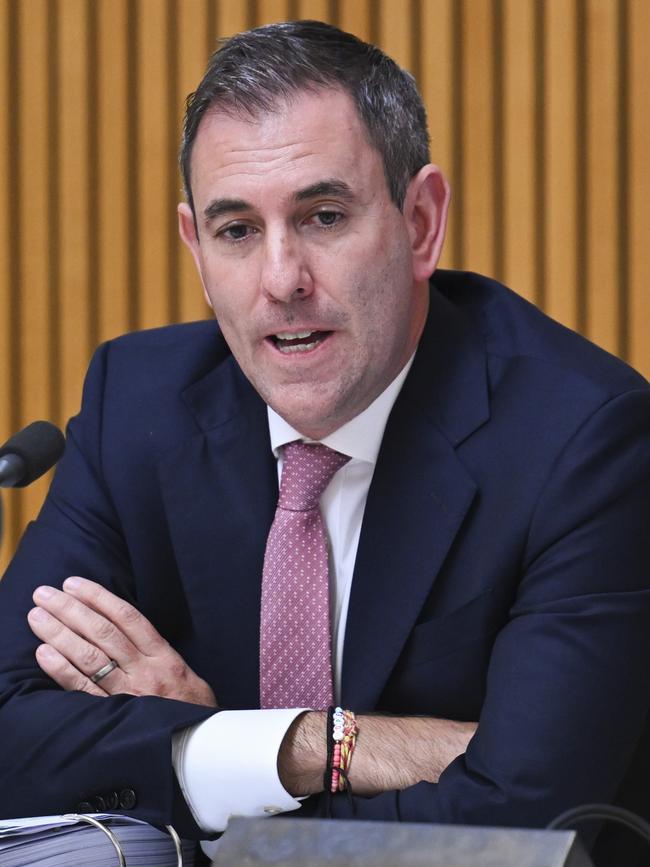
Much store is also placed on the exploitation of specific metals and minerals needed for the renewable energy industry, particularly for batteries. Thus far, it has been a wild ride – think lithium here – and many other countries also have deposits of the required elements.
The point is that the renewable energy superpower is a hard sell for Australia because it is unbelievable. There is in fact a renewable energy superpower already and it is China. It’s not because that country uses renewable energy at the expense of all other energy sources – coal and nuclear. But because it has cornered the market for wind turbines, solar panels, batteries and most other paraphernalia associated with renewable energy. They are akin to the purveyors of picks and shovels on the gold fields.
The Albanese government would be well-advised to reconsider its adherence to far-fetched slogans such as renewable energy superpower and making things in Australia. The preferred alternative is to focus on the fundamentals, including the provision of affordable and reliable energy. Without this, there can be no future for large-scale manufacturing. It also underpins living standards for households.
A growing list of countries are turning to nuclear energy to meet their energy needs while constraining the growth of carbon dioxide emissions. We should take note, given it is clear that intermittent and short-lived renewable energy requiring expensive backup just won’t cut it.



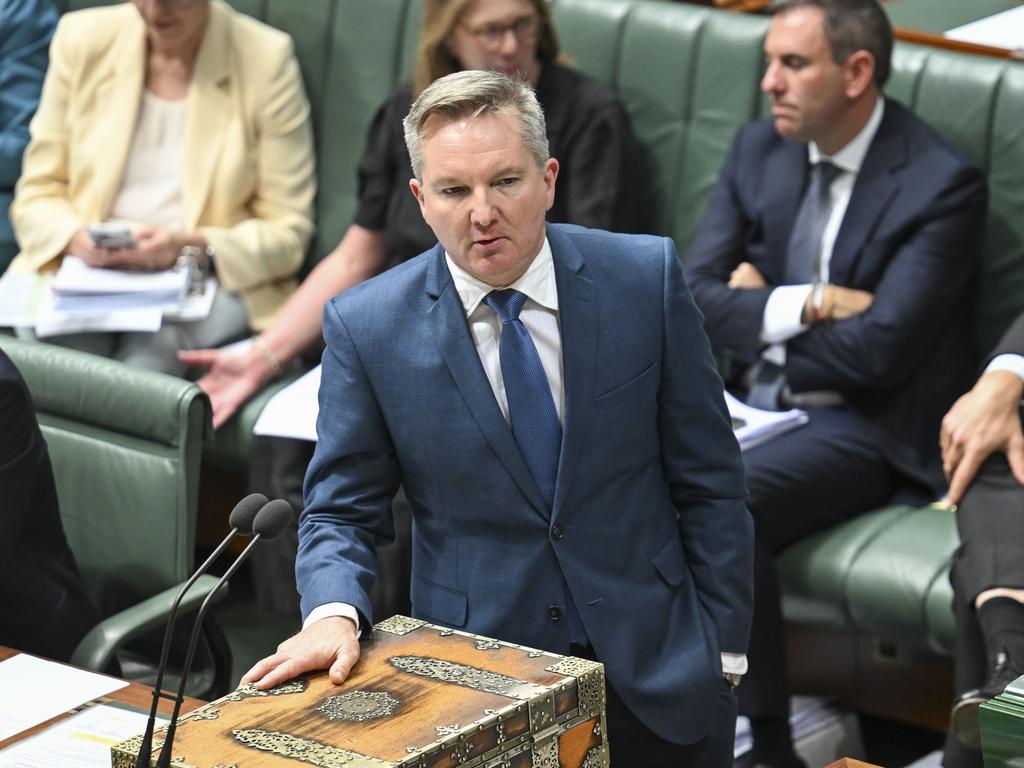
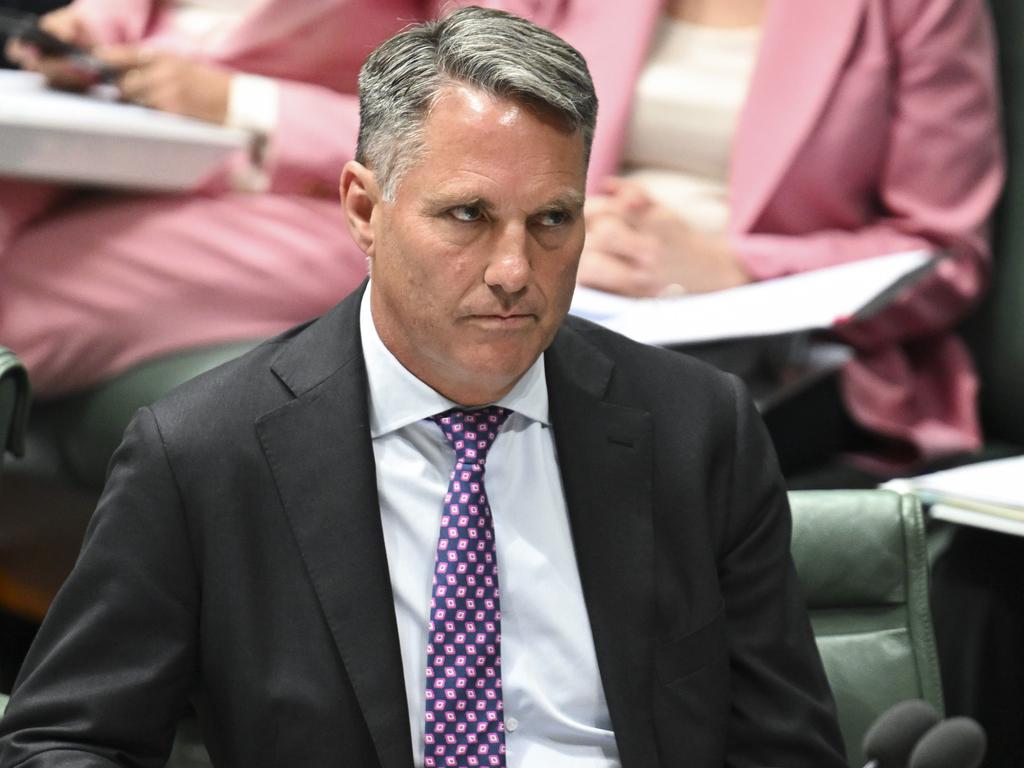


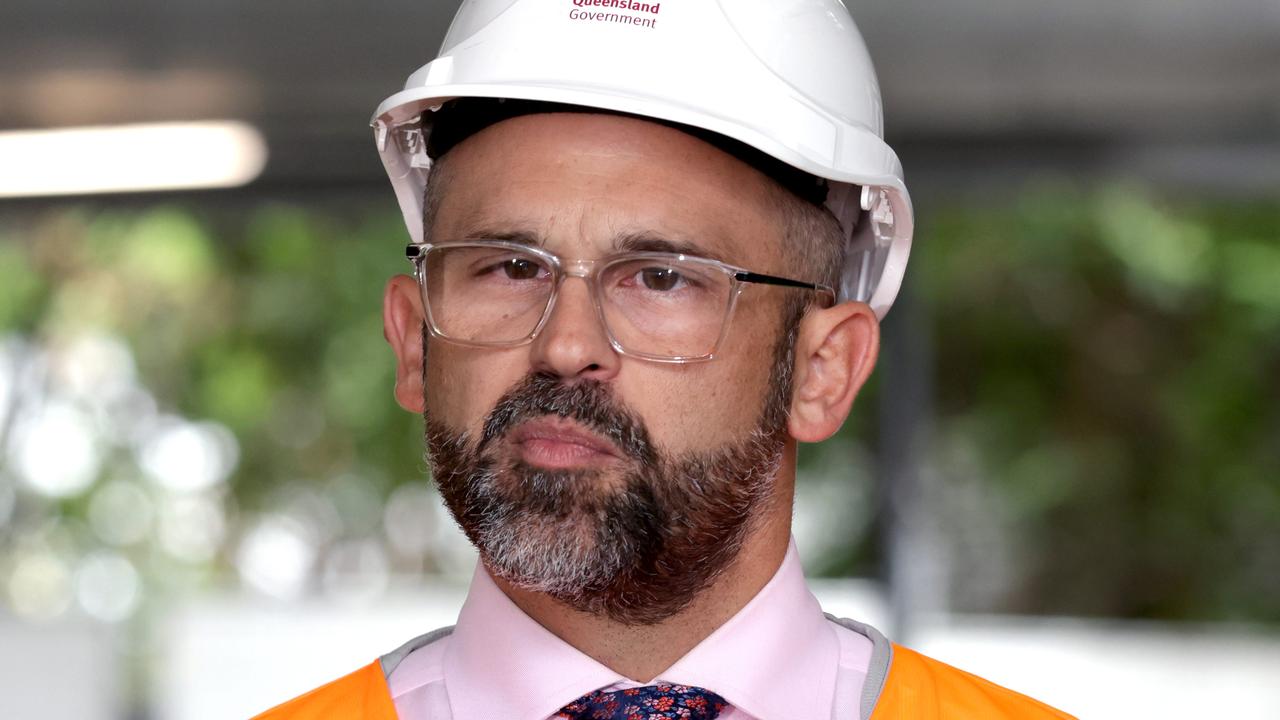
Around the world, political discourse is now replete with slogans. This began a long time ago in Australia. For example, catchy titles have been given to annual budgets for decades as a means of selling their content.